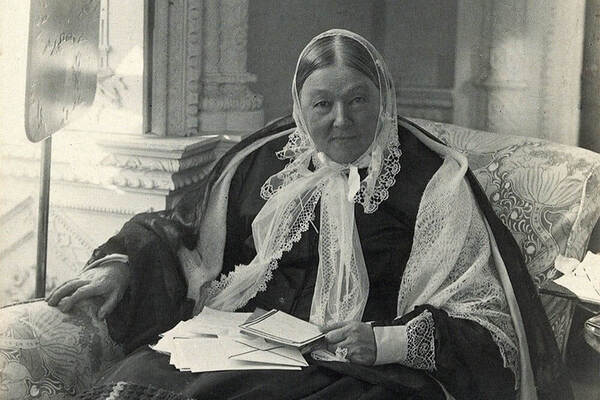
8 Noteworthy Nurses of Past Generations
Nursing EducationThroughout history, nurses have stood at the forefront of healthcare, often risking their lives to care for others. These pioneers not only transformed nursing but also influenced medicine, public health, and social reform. This article highlights eight remarkable nurses whose contributions shaped the nursing profession we know today.
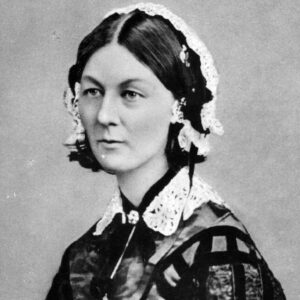
Florence Nightingale: London Stereoscopic Company/Getty Images
1. Florence Nightingale (1820–1910)
Widely regarded as the founder of modern nursing, Florence Nightingale’s efforts during the Crimean War revolutionized healthcare practices. Known as the “Lady with the Lamp,” she tirelessly cared for wounded soldiers while advocating for sanitary reforms in hospitals.
- Key Achievements:
- Established the Nightingale Training School for Nurses in 1860.
- Authored Notes on Nursing: What It Is and What It Is Not in 1859.
- Advocated for evidence-based nursing and emphasized the importance of hygiene in patient care.
Nightingale’s groundbreaking work earned her recognition as a trailblazer in healthcare and public health.
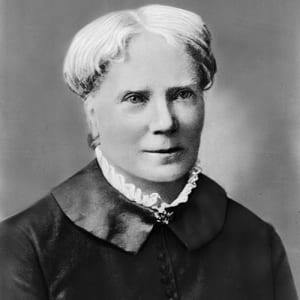
Dr. Elizabeth Blackwell: Bettmann/Getty Images
2. Dr. Elizabeth Blackwell (1821–1910)
As the first woman in the United States to earn a medical degree, Dr. Elizabeth Blackwell opened doors for women in healthcare. Though primarily a physician, she worked closely with nurses and advocated for their training.
- Key Achievements:
- Founded the New York Infirmary for Indigent Women and Children in 1857.
- Played a pivotal role in social reform and women’s rights.
- Opened the Women’s Medical College in 1868 to train female physicians and nurses.
Her legacy emphasizes the importance of education and equal opportunities in healthcare professions.
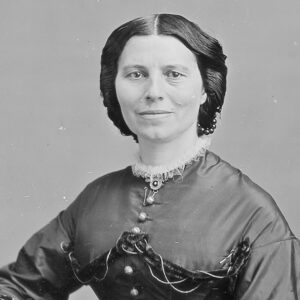
Clara Barton: Smith Collection/Gado/Getty Images
3. Clara Barton (1821–1912)
Known as the “Angel of the Battlefield,” Clara Barton provided critical care to soldiers during the American Civil War. She later founded the American Red Cross, which continues to provide emergency assistance globally.
- Key Achievements:
- Organized the United States Sanitary Commission to supply medical aid to soldiers.
- Advocated for the humane treatment of prisoners of war.
- Introduced disaster relief protocols through the Red Cross.
Barton’s dedication made nursing a symbol of compassion and resilience.
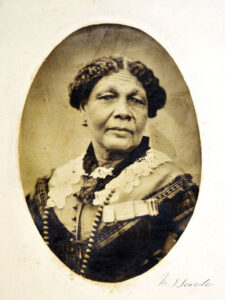
Mary Seacole © MARY EVANS PICTURE LIBRARY 2008
4. Mary Seacole (1805–1881)
A Jamaican-born nurse and healer, Mary Seacole overcame racial and gender barriers to provide care during the Crimean War. Despite initial rejection by the British War Office, she funded her journey to Crimea and set up the “British Hotel,” a refuge for sick and injured soldiers.
- Key Achievements:
- Delivered effective treatments for diseases like cholera and dysentery.
- Authored her memoir, Wonderful Adventures of Mrs. Seacole in Many Lands, sharing her experiences.
- Championed inclusivity in healthcare.
Mary Seacole’s legacy highlights the power of determination and compassion.
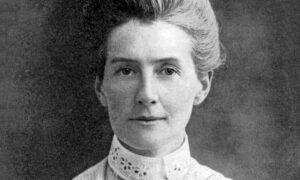
Edith Cavell: Print Collector/Getty Images
5. Edith Cavell (1865–1915)
A British nurse during World War I, Edith Cavell is remembered for her bravery and commitment to saving lives, regardless of nationality. She helped Allied soldiers escape occupied Belgium, which led to her arrest and execution by German forces.
- Key Achievements:
- Managed the Berkendael Medical Institute in Brussels.
- Saved over 200 Allied soldiers during the war.
- Became a symbol of courage and sacrifice in nursing.
Cavell’s famous words, “Patriotism is not enough,” remind us of the universal nature of caregiving.
6. Levina “Lena” Gibson (1843–1918)
Lena Gibson was a young nurse during the American Civil War who earned respect for her dedication to patient care. At just 19, she worked in makeshift hospitals, caring for soldiers recovering from amputations.
- Key Achievements:
- Volunteered at multiple hospitals during the war.
- Gained recognition for her compassionate care and skill.
- Advocated for better medical supplies and sanitation in hospitals.
Her work highlighted the resilience of young nurses in wartime.
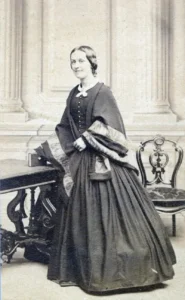
Phebe Hanaford: courtesy of the Nantucket Historical Association.
7. Phebe Hanaford (1829–1921)
Phebe Hanaford served as a nurse during the American Civil War and became a symbol of efficiency and compassion. Her dedication to patient welfare earned her the nickname “The Grey Nurse.”
- Key Achievements:
- Co-founded a nursing training school after the Civil War.
- Provided high-quality care that set a standard for others.
- Advocated for improving nursing education.
Hanaford’s work inspired future generations to view nursing as a skilled and respected profession.
8. Betsy McCaughey (1948–Present)
Though controversial, Betsy McCaughey made significant contributions to healthcare reform and nursing practices. She advocated for better working conditions for nurses and improved patient care in hospitals.
- Key Achievements:
- Modernized healthcare systems during her tenure with the New York State Nurses Association.
- Advocated for patient safety and infection control measures.
- Opened non-profit clinics for underserved communities.
Her initiatives underscore the importance of leadership in advancing nursing standards.
Conclusion
These eight nurses exemplify the diversity and evolution of nursing across generations. Their stories of courage, innovation, and compassion continue to inspire aspiring nurses worldwide. By understanding their contributions, we can appreciate the progress of nursing as a profession and its pivotal role in shaping healthcare.



